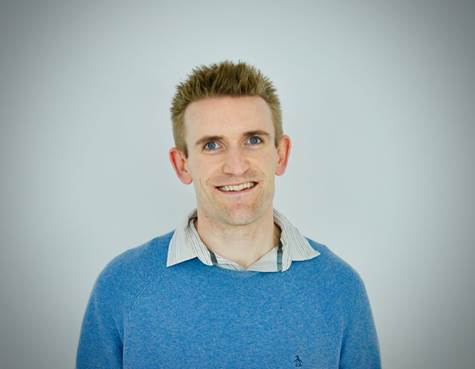
Strengthening the Immune System to Fight Breast Cancer Tumours
Published: 10/7/19 11:23 PM

Paul Beavis
- Project description: Dr Beavis will identify novel ways to increase the migration of immune cells to the tumour site so that immunotherapy treatment can be more effective in breast cancer patients.
- Why this work is needed: Immunotherapy is an emerging and effective treatment for certain types of cancers (like melanoma), however immunotherapy is not as successful at treating breast cancer. Increasing the number of immune cells at the site of breast cancer tumours has the potential to enhance the effectiveness of immunotherapy. Immunotherapy also has fewer side effects compared to other conventional treatment options (such as chemotherapy), so quality of life for patients would be improved.
- Expected outcomes: The project seeks to identify new drugs that can work in combination with immunotherapies to improve the treatment outcomes of breast cancer patients.
Project details
In the past decade, one of the most exciting advances in the treatment of cancer has been the development of immunotherapy. In immunotherapy, drugs recruit the body’s natural immune response to help fight the cancer. Response rates of up to 40% have been observed in melanoma patients. What’s really exciting is that this has led to long-term survival (>10 years) for some patients with advanced melanoma who previously had a life expectancy of less than six months.
However, the overall success rates of immunotherapy treatments in breast cancer has not been as strong. One factor hindering its success is that breast cancers contain fewer of the immune cells which are required for immunotherapy to be effective. These cells are also believed to be important in chemotherapy, with more immune cells correlating with improved outcomes.
Hence, increasing the number of cells that can find and migrate to the tumour would be beneficial. Key proteins in this migration process called chemokines are usually present at very low levels within breast cancer tumours.
The aim of this study by NBCF-funded researcher Dr Paul Beavis is to identify new drugs that can increase the production of chemokines in breast cancer tumours. Following this increase, Dr Beavis and his team will then evaluate whether chemotherapy and immunotherapy are subsequently more effective. If this proves to be the case, they will also work on engineering the immune cells at the tumour site to themselves express these chemokines. This will help to recruit even more immune cells to destroy the tumour.
